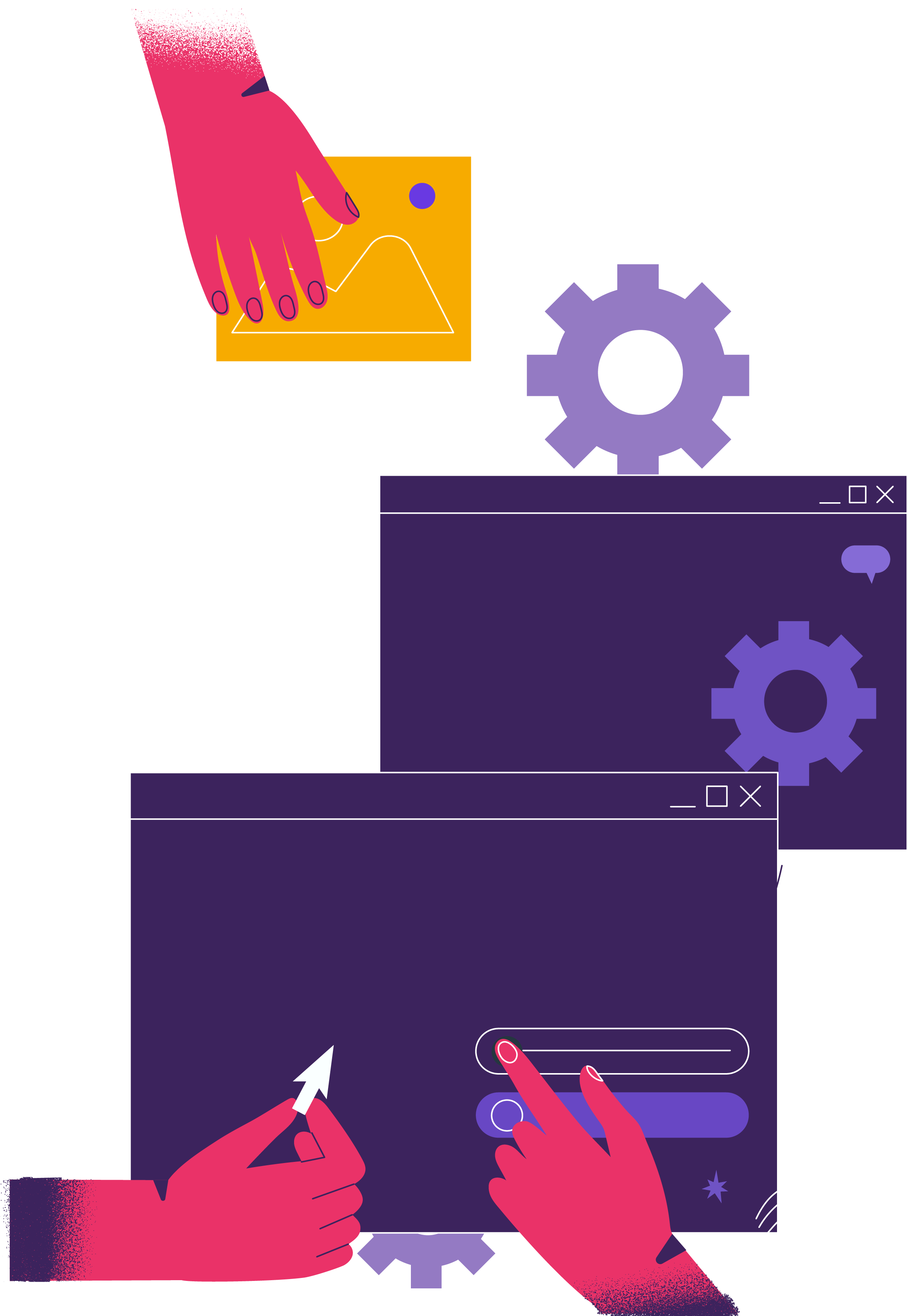10th Dec 2024

10th Dec 2024
What Happened:
In 2024, a major vulnerability in the ‘Really Simple Security’ plugin (CVE-2024-10924) was discovered. This critical flaw allowed attackers to bypass authentication and gain access as any user, including administrators. This flaw affected over 4 million websites and was fixed in November 2024 with an automatic update to version 9.1.2.
How This Affects Your Business:
For businesses relying on WordPress and this plugin, an attacker gaining admin access could lead to the complete compromise of the website. Sensitive customer data, financial information, or even private communications could be exposed or altered. This not only puts your business at risk but also erodes customer trust and could lead to financial and reputational damage.

What Happened:
Throughout 2024, Jetpack, a popular WordPress plugin, was affected by several vulnerabilities, requiring 101 releases to address various security patches. These vulnerabilities exposed WordPress websites to a range of attacks, including unauthorised access and potential site compromises.
How This Affects Your Business:
Businesses using Jetpack without timely updates risk exposing themselves to cybercriminals who could hijack their websites, gain access to user accounts, or inject malicious code. This opens the door to data breaches, website downtime, and significant loss of client trust. Not addressing these vulnerabilities in time could result in severe financial losses due to damage to your brand's reputation and business operations.

What Happened:
Throughout 2024, weak passwords continued to be one of the most common causes of website vulnerabilities, including those using Wordpress. Attackers frequently used brute-force attacks to guess weak passwords, giving them access to admin accounts and sensitive site data.
How This Affects Your Business:
For businesses with weak password policies, this means your website and customer data are vulnerable to attack. A successful brute-force attack could grant unauthorised access to critical business areas like financial reports, client records, and confidential communications. If hackers gain control of your admin account, they can potentially delete or alter content, inject malicious code, or even hold your site hostage for ransom.

What Happened:
The use of pirated, or "nulled," plugins remained a persistent risk in 2024. These unauthorised copies of premium plugins often contain backdoors designed for malware injection, giving attackers an entry point to your website.
How This Affects Your Business:
These attacks can lead to malware infections, the theft of sensitive customer data, and further exploitation of the website for spam or malicious content. Nulled plugins undermine the integrity and security of your site, putting both your business and customers at risk.

What Happened:
According to the WPScan 2024 report, a significant proportion (20%) of the vulnerabilities in WordPress were classified as high or critical importance, with a further 67% being medium-level threats. These vulnerabilities often stemmed from outdated plugins, weak passwords, and flaws that allowed unauthenticated access, such as Cross-Site Request Forgery (CSRF).
How This Affects Your Business:
For businesses, outdated plugins or weak passwords can create the perfect environment for attackers to exploit vulnerabilities. Unauthenticated access allows hackers to bypass security measures and infiltrate the system with little effort. This can lead to malicious redirects, data theft, defacing of the website, and the possibility of ransomware attacks, all of which can be devastating for business continuity and customer trust.

While WordPress offers convenience and scalability, it also carries inherent security risks, especially when using third-party plugins and themes. A bespoke (custom-built) website, on the other hand, provides a significant advantage in terms of security for businesses.
Here’s why:
Tailored Security Measures: Bespoke websites are built from the ground up, meaning developers can incorporate specific security features designed to protect your business from the start. Since there are no third-party plugins involved, there is no risk of vulnerabilities introduced by outdated or compromised plugins.
Less Exposure to Widespread Threats: WordPress websites are often targeted because they share common code and plugins. A bespoke website, however, is unique and far less susceptible to widespread attacks. Hackers typically target common vulnerabilities across many sites, but a custom-built website is less exposed to these types of threats.
Control Over Updates and Maintenance: With a bespoke website, updates and security patches can be carefully managed and applied by your web development partner without relying on third-party developers to release fixes. Your website’s security is in the hands of professionals who are specifically tasked with keeping it safe.
Stronger, Integrated Authentication: Custom websites allow for the implementation of robust authentication systems tailored to your business, ensuring stronger security measures for user access. You won’t be relying on generic, vulnerable plugins for authentication or data protection.
While WordPress is a widely used and convenient platform, its security vulnerabilities, especially those related to plugins and weak passwords, pose serious risks for businesses.
By opting for a bespoke website, businesses can mitigate these risks with more robust, tailored security measures that protect their data, operations, and reputation. If you're thinking of switching to a besoke website for your business, click here to find out more about our web design services. Or get in touch with us to have a chat about what you're looking for!
Sources:
Jetpack - 'The 2024 WordPress Security Threat Landscape: Key Trends and Stats'
Patchstack - 'State of WordPress Security in 2024'